Ajit Verman
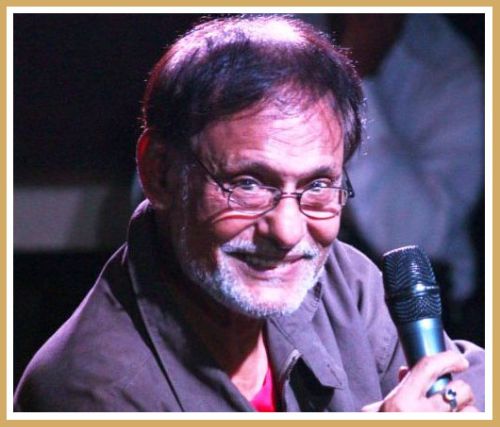
Subscribe to read full article
This section is for paid subscribers only. Our subscription is only $37/- for one full year.
You get unlimited access to all paid section and features on the website with this subscription.
Not ready for a full subscription?
You can access this article for $2 , and have it saved to your account for one year.
- Born: 26 March, 1947 (Calcutta)
- Died: 15 December, 2016 (Mumbai)
- Primary Cinema: Hindi
- Spouse: Rekha Varman
- Children: Varun Varman, Nisha Varman
One of the most talented music composers, Ajit Verman is known for his musical scores in films such as Aakrosh (1980), Vijeta (1982), Ardh Satya (1983), Saaransh (1984), and Yeh Aashiqui Meri (1998). Among the other films he worked on are Vijeta (1982), Misaal (1985), Janam (1985, TV film), Andhaa Yudh (1987), Karm Yodha (1992), Imtihaan (1995, TV show), and Mohini (1995, background score). He was known for his classical based tunes, which struck a soft contrast within films that dealt with gritty topics like war and conflict. Composing for approximately 25 films, Verman had a relatively small but memorable body of work. His inability to lobby unfortunately saw him largely ignored by mainstream filmmakers.
Born on 26 March, 1947 in Calcutta, he showed an early interest in music. Running away from home at the age of 16, he lived rough for the next few years, learning music on the go. Whether it was choir singing at a nearby church or when music composer Salil Chowdhury rehearsed his tunes at his house, Verman was around absorbing the music. Chowdhury went on to rope him into his orchestra. Verman also worked as a musician with Satyajit Ray. By the time Chowdhury was an established music composer for Hindi films, Verman joined his orchestra in Bombay in 1970. A chance encounter with well-known music arranger Sebastian D’Souza led to the latter inviting young Ajit to join famous music director duo Shankar-Jaikishan’s acclaimed orchestra. Verman debuted as a musician in Mera Naam Joker (1970). He went on to play the bongo in the song Kahin door jab din dhal jaaye in Anand (1971). Playing in orchestras gave Verman ample opportunity to improve his skills, as he learnt to play not only percussion instruments but also the piano and harmonium. He also picked up the nuances of arranging, conducting and recording music.
He got his break as a music director with the low-budget Muslim social Noor-e-Elahi (1976). The music was credited in the opening titles to Babloo-Dheeraj: Babloo was Verman's nickname, while Dheeraj Dhanik was another musician. The film’s music, including Sufiana qawwalis and tranquil romantic numbers, received positive reactions. However, the partnership between Verman and Dheeraj did not last, and Verman was back to playing in the orchestra, waiting for his next chance. It came years later, when he made a remarkable debut as a solo music director with the Govind Nihalani-directed Aakrosh (1980). He went on to score music again for Nihalani’s Vijeta (1982) and Ardh Satya (1983). Mahesh Bhatt was impressed by his work, and signed him on for one of his landmark films, Saaransh (1984).
Verman's music displayed his expertise and comfort with both Indian classical music and Western harmonies. He came to be known as a composer for his unique sound, which was rich and complex in texture. His skill with background music effortlessly mirrored the mood, whether the tension at certain points in the screenplay, the suppleness when required, or the sense of deep loss. For Aakrosh, which dwelt on corruption and the victimisation of the underprivileged, Verman's background music fits the grim story perfectly. Replete with silence so as not to distract from the action on screen, the music also reflects the tension in the gritty tale. With minimal use of instruments, his three songs, Kanha re and Saans mein dard are superb adaptations of Hindustani classical music, while Tu aisa kaisa marad is a vivid lavani song. His music for Saaransh captured the sadness and despair of the life of an elderly couple who have lost their only child. Verman's compositions in the film—Andhiyaara gehraya by Bhupinder, and the Amit Kumar-rendered Har ghadi dhal rahi—exude a brooding melancholy.
His experimental streak is also seen in his usage of fresh voices such as Madhuri Purandare, Satyasheel Deshpande and Vandana Khandekar. These singers came with superior voices as well as training in classical and folk music. He also presented regular singers with familiar voices, in a fresh manner. This is evident in Kishore Kumar’s rendering of Badi hai beqaraari from the telefilm Jeevan Sandhya (1984) and Asha Bhosle in Man anand anand chayo (Vijeta, 1984).
Composing for Hindi films in the 80s and 90s, the last film that Verman composed music for was Yeh Aashiqui Meri (1998). His last background score was for Ananth Mahadevan’s Life Is Good (2012). He also composed for a few popular TV serials such as Imtehaan, Agni and Apne Jaise Types.
Verman was a rare composer who could also arrange and conduct music for his songs. From humming a tune, developing it, working out the arrangement and orchestration, and getting his singers to rehearse it, he would do it all. Working well with a few who shared his sensibilities, he produced some of his best work with makers like Govind Nihalani and Mahesh Bhatt, and lyricists Majrooh Sultanpuri, Vasant Deo, Suraj Sanim and Dev Kohli. Living a life imbued in music and principles, Verman was known to be a complete Saraswati bhakt, who worked for music itself and not monetary considerations. However, it also meant he was largely ignored by mainstream filmmakers, and considered suitable only for small-budget, parallel cinema films. This was naturally extremely hurtful to the music director, and in time the assignments dried up.
Ajit Verman passed away on 15 December, 2016. He was 69.
References
https://scroll.in/reel/973044/music-and-lyrics-composer-ajit-varman-was-a-meteor-in-the-firmament-of-hindi-cinema
https://timesofindia.indiatimes.com/city/mumbai/composer-of-80s-melodies-varman-dead/articleshow/56012019.cms
https://www.imdb.com/name/nm0894336/
Image credit: https://scroll.in/reel/973044/music-and-lyrics-composer-ajit-varman-was-a-meteor-in-the-firmament-of-hindi-cinema



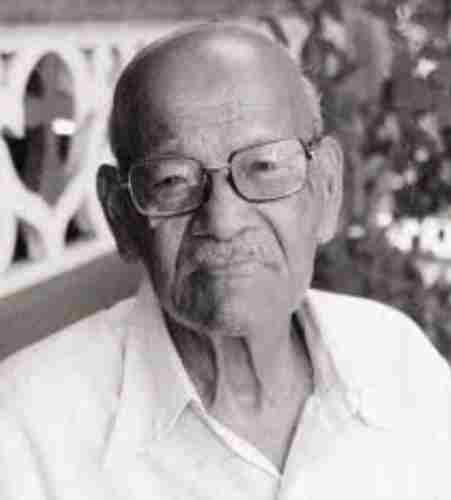
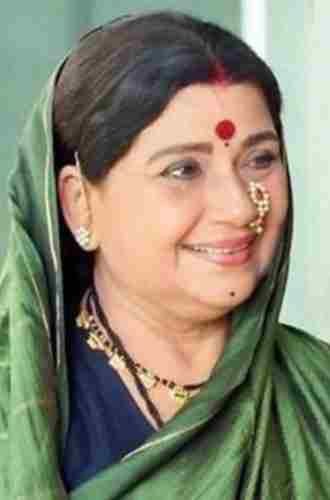
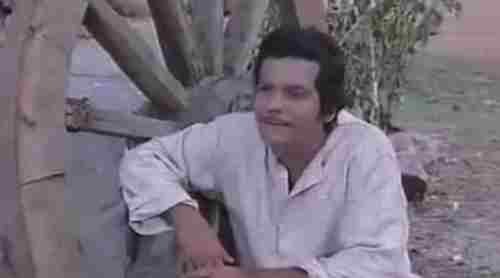
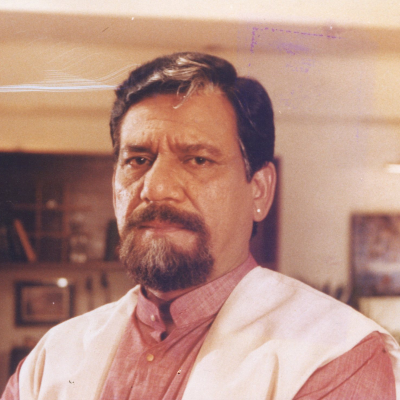
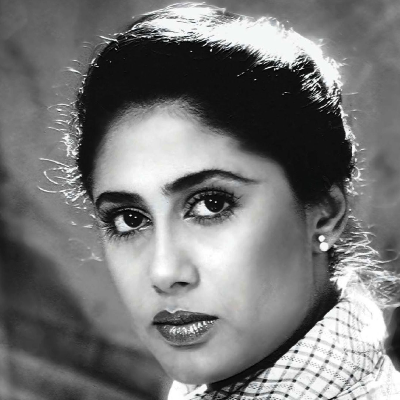
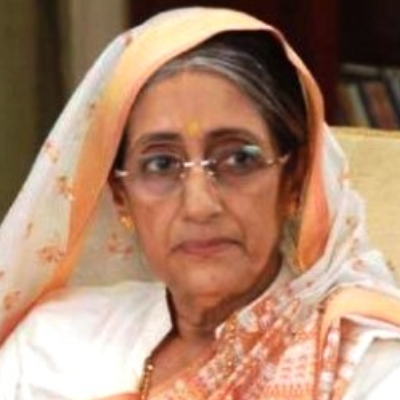

.jpg)



